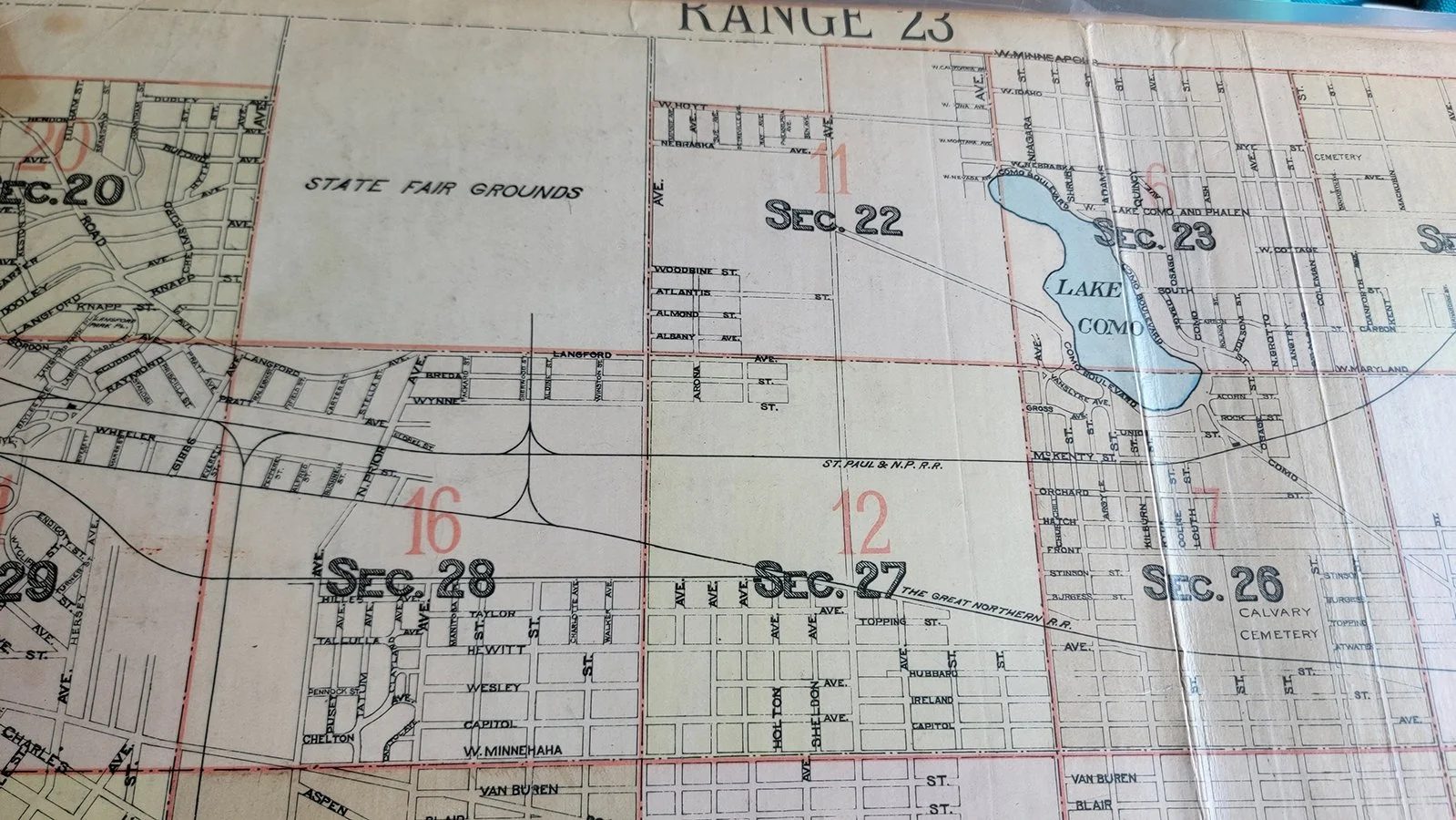Officials in Ottowa, Canada, are showing that local governments don’t need to accept expensive and unproductive projects, even if they have a lot of momentum behind them.
Read MoreToday, I want to look at a utility investment near my hometown of Brainerd, Minnesota. At first glance, it seems like an extreme case, but looking at it with a touch of scrutiny reveals a lot of insight into why America’s basic infrastructure systems are failing and will not be maintained.
Read MoreDriving from my dismal exurban hotel to the walkable downtown of a Florida beach town led me to a resolution: Start seeking out the kind of lodging that accentuates the best reasons for visiting a place, and hopefully discourage the kind of development that’s contributing to its demise.
Read MoreFrom arbitrary restrictions to overly harsh penalties, many homeowners associations (HOAs) do little to endear themselves to their neighborhoods. But your city may have more responsibility for these conditions than you realize.
Read MoreThere used to be an article about Culdesac here. It was a poor representation of Strong Towns ideas, and after some consideration (and it being referenced in an ongoing conversation about development) we decided to retract it. Please enjoy these recommendations instead.
Read MoreConnecticut is trying to reform state and local zoning laws to allow diverse and affordable housing production. However, their efforts still rely on the suburban approach — accruing large amounts of debt in anticipation of future growth — so they may be doomed to failure.
Read MoreIn a frustrating move for road safety advocates, Washington, DC’s, Department of Transportation has canceled its plans to add bike lanes to a major city street. The decision comes after years of delays and despite the approval of all affected advisory commissions.
Read MoreBenjamin Herold, author of Disillusioned: Five Families and the Unraveling of America’s Suburbs, joins host Chuck Marohn on this week’s episode of the Strong Towns Podcast.
Read MoreEven just a little bit of snow can reveal a lot about the vulnerability of the suburban development pattern.
Read MoreMany of the problems in our cities come down to a shortage in the budget—but the solution to this problem is staring us in the face.
Read MoreThere was a major housing development scandal in Canada this summer…but it’s not the one you think.
Read MoreOn this episode of the Strong Towns Podcast, author Tristan Cleveland goes in depth about why cities struggle to retrofit their car dependence, and what could actually be done to create change.
Read MoreKentucky’s largest school system recently had to cancel classes due to a disastrous overhaul of the bus system—but they’re not the only ones struggling with student transportation issues.
Read MoreArizona’s water agency has approved 80,000 new housing lots, even though developers are finding it increasingly difficult to find enough water for it.
Read MoreI was asked how much the typical suburban development is costing this Tennessee city. Here’s what I found.
Read MoreThis series of studies of 19th-century development in St. Paul, MN, can help us understand some of the earliest traces of what would later become the suburban development pattern.
Read MoreIf there has ever been a good time to change our development pattern, the time is now.
Read MoreWe’ve created a society in which families have to choose between either spread-out, single-family living or dense urban living—and each side of this (artificial) binary can come with upsides and downsides.
Read MoreThe state of Florida has a bold new strategy to eliminate the adverse effects of urban sprawl: Change the definition.
Read MoreWhite Flint, MD, presents a great case study for how a community can begin shifting the conversation on its transportation infrastructure and development pattern.
Read More



















